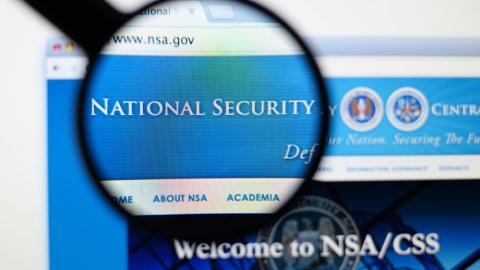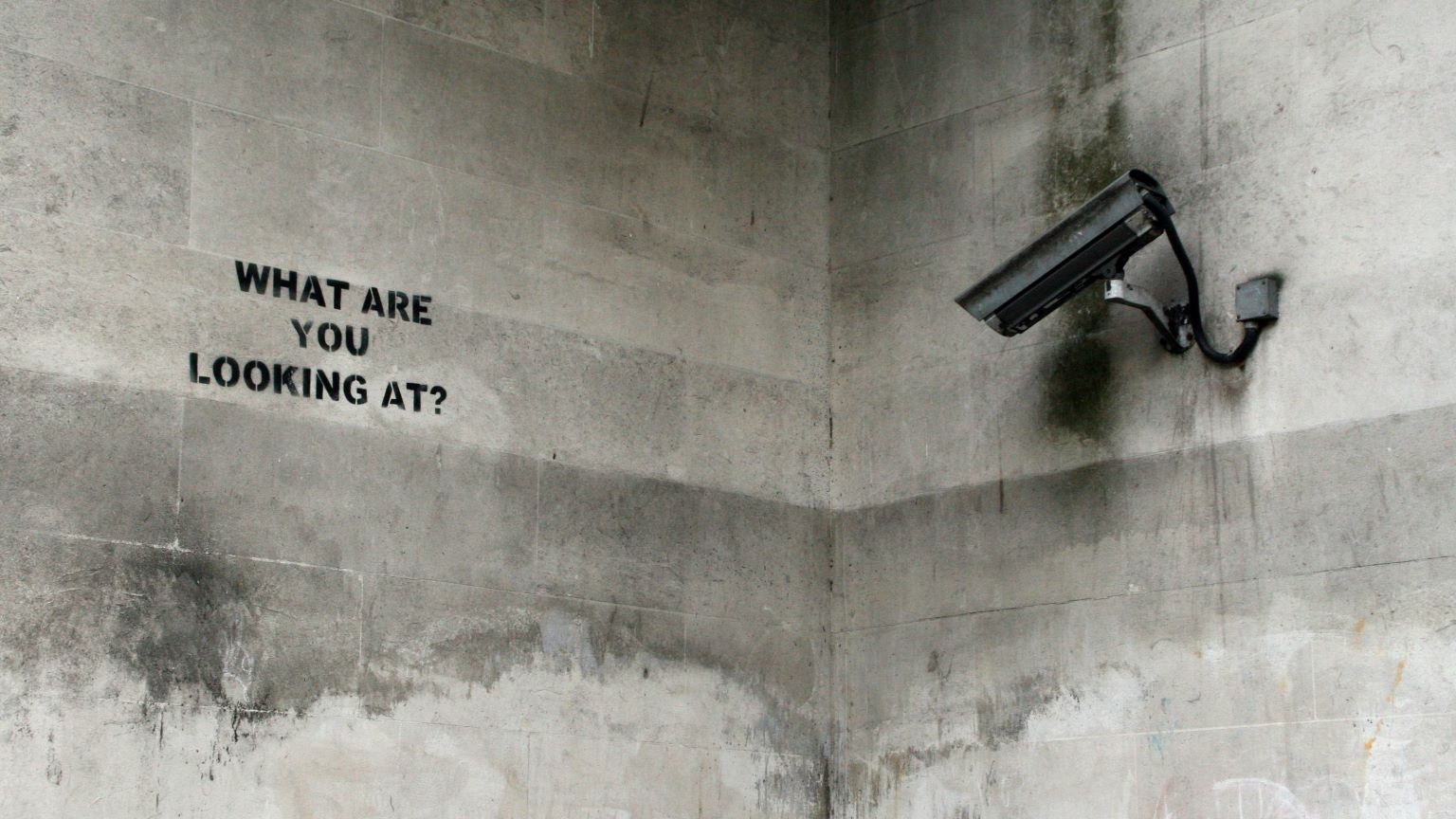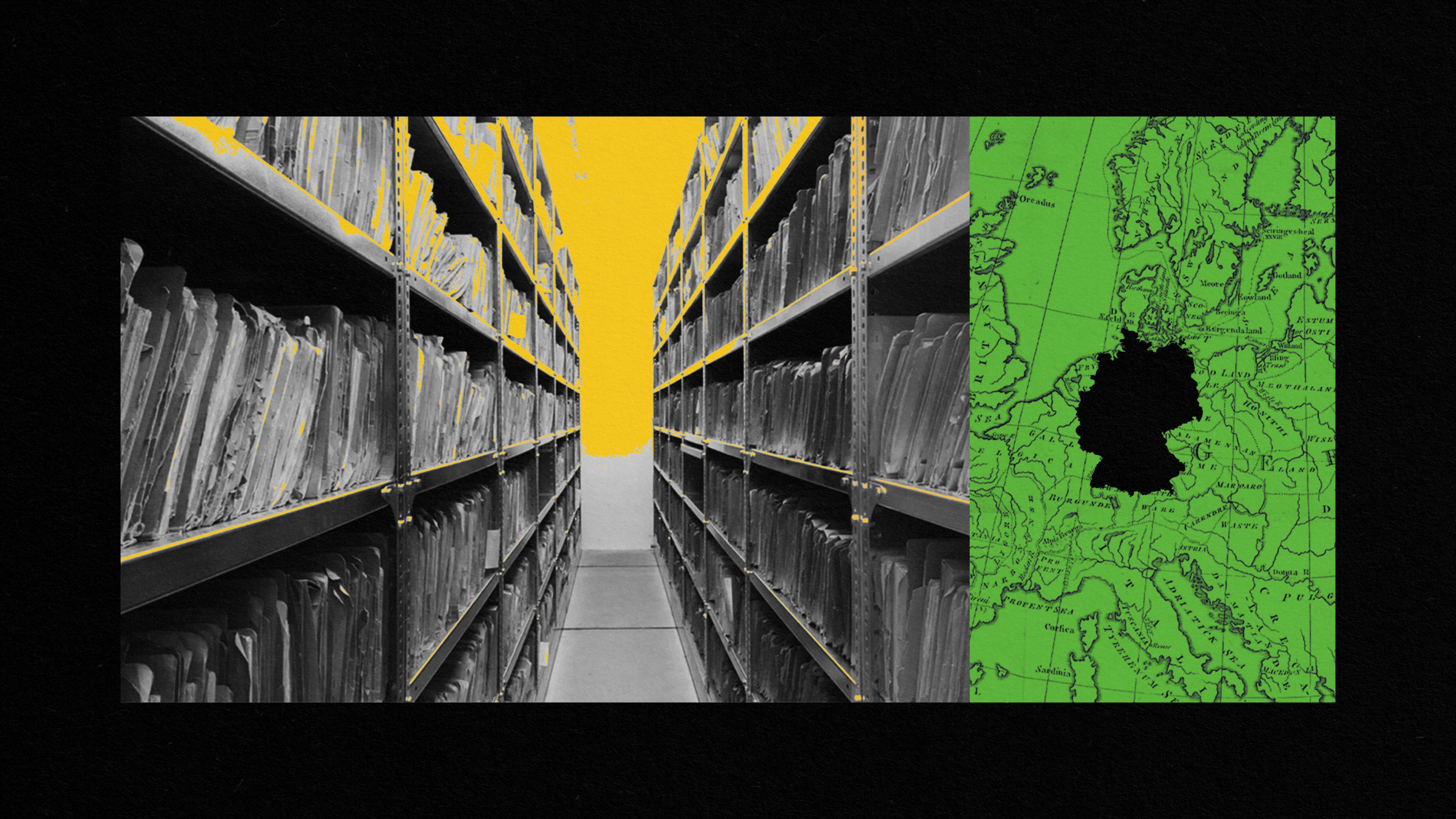The NSA Just Got More Limited in What It Knows About You

As of Sunday, the U.S. National Security Agency (NSA) no longer has authority to collect bulk call records from telecommunications companies as part of its continual surveillance activities. This means that companies like Verizon and AT&T will no longer be required to hand over blanket amounts of data detailing what calls have been made and to what numbers. Many Americans are breathing a sigh of relief at the news, while others worry about national security.
The issue of mass surveillance was most famously brought to light by whistleblower Edward Snowden. However, the ACLU says that while the long and difficult march to the recent policy change started with Snowden, it also involved several legal battles. The organization warns to privacy advocates, however, that the program that just ended is only one piece of the bulk-information-collection activities of the NSA and other agencies. For those envisioning a dramatically reduced surveillance state, there is still a long way to go.
Some Americans aren’t relaxing at the prospect of having less of their records collected. They worry that the bulk-data-collections systems are helpful at preventing terrorist attacks like the recent one on Paris. This view has been particularly popular among Republicans, turning the issue into a 2016 presidential election talking point. Are they right? Should we be worried about what the government doesn’t know about us anymore?
It seems as though the most reasonable answer is no. As mentioned above, reducing the government’s ability to collect mass phone records doesn’t at all mean that surveillance has stopped. According to President Barack Obama, the NSA can still collect lots of information, just in a more targeted manner. Analysts now have to get a court order to collect phone records on specific people and can do so for periods of six months at a time. The change is the biggest reduction in U.S. surveillance capabilities since September 11, 2001, but it is a step in the right direction when it comes to balancing surveillance and privacy issues.
—
Stefani is a writer and urban planner based in Oakland, CA. She holds a master’s in City and Regional Planning from UC Berkeley and a bachelor’s in Human Biology from Stanford University. In her free time she is often found reading diverse literature, writing stories, or enjoying the outdoors. Follow her on Twitter:@stefanicox





